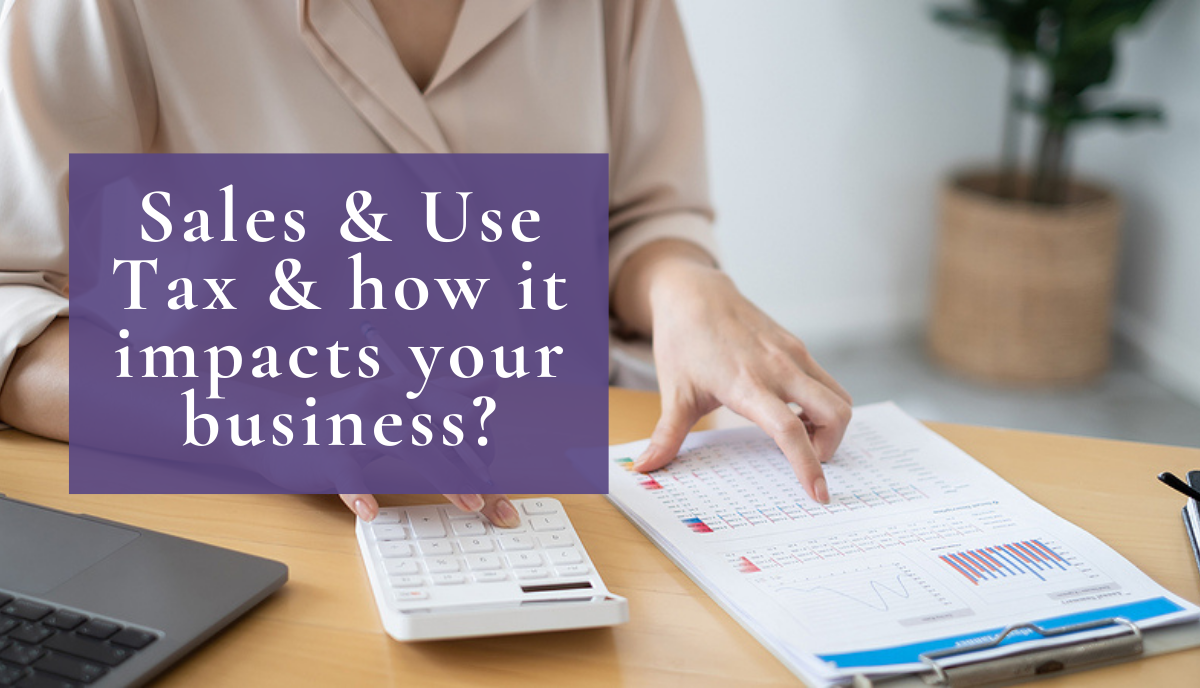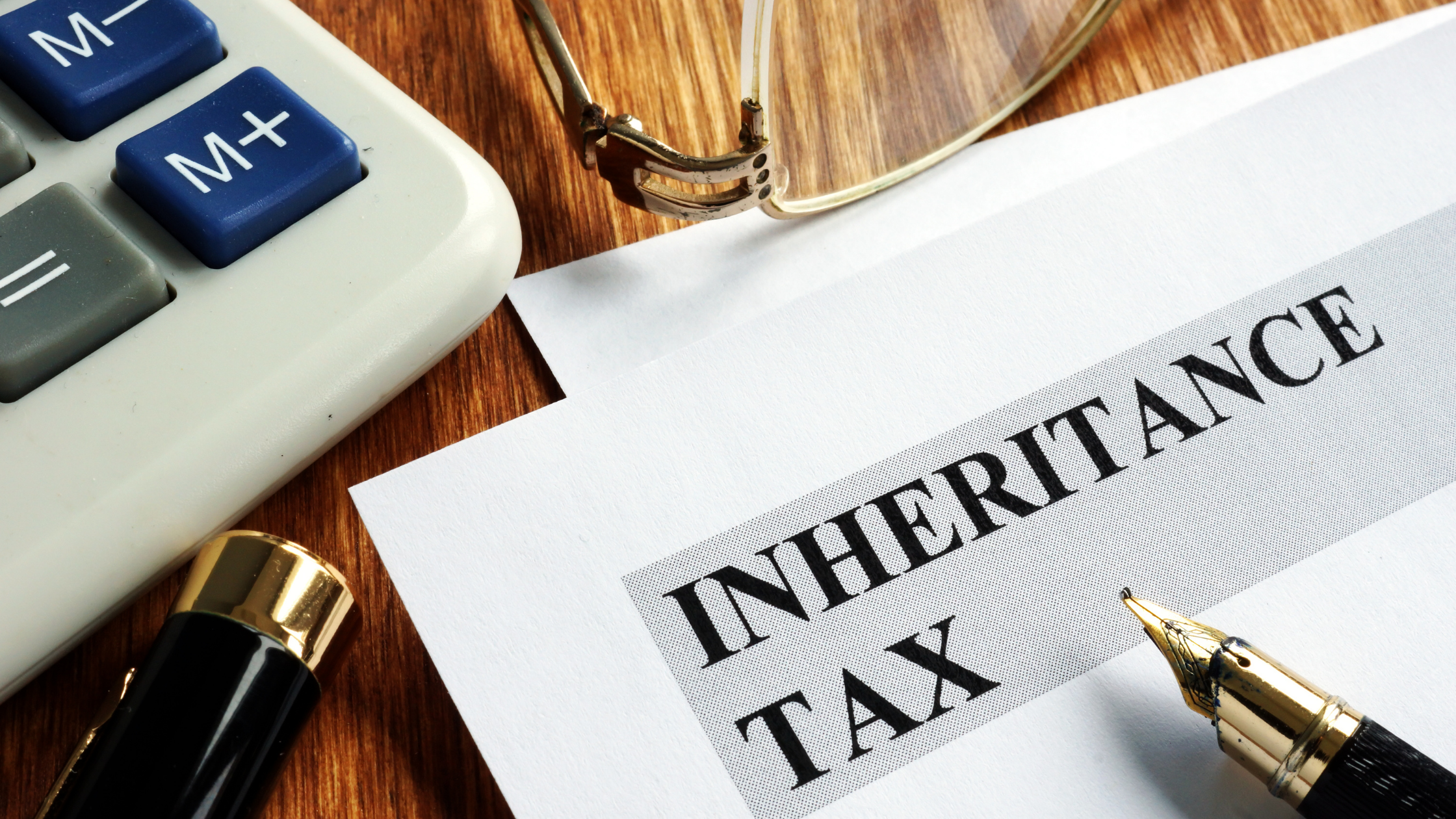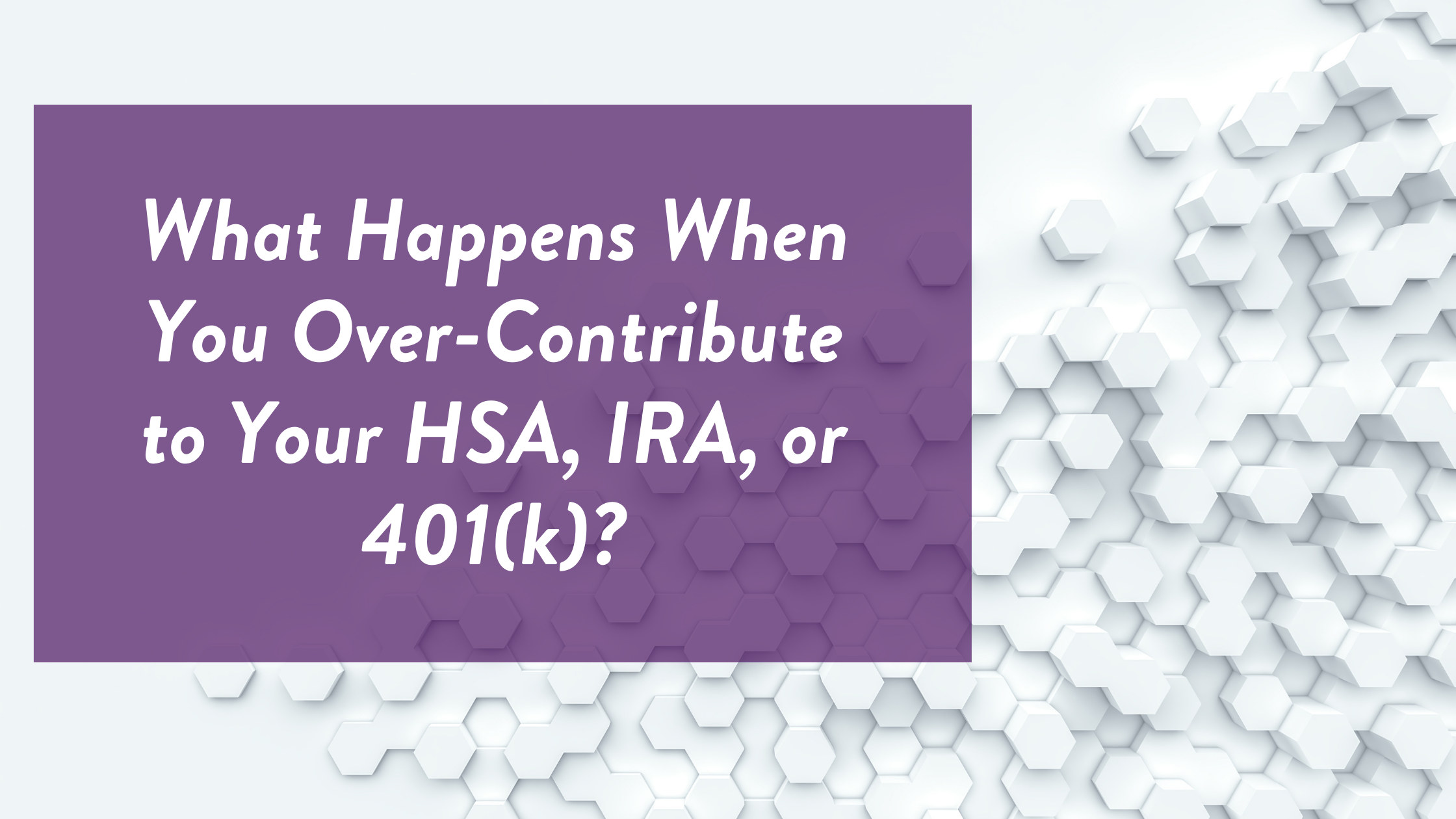
What Is Sales and Use Tax, and How Does It Affect Your Business?
Sales and use tax management and compliance issues are not limited to retail companies — they can pose a challenge for businesses of all types and sizes.
Collecting, calculating, reporting, and paying sales and use taxes are often some of the most confusing aspects of running a business. And because these taxes impact your business on a daily basis, it’s important to understand the requirements if you want to stay in compliance and avoid an audit.
What Is Sales and Use Tax?
So, what exactly is sales and use tax? We’re all familiar with sales tax — we pay it nearly every time we shop — but use tax may be less familiar to you.
In case you need a refresher: sales tax is a tax on the sale, transfer, or exchange of a taxable item or service. It’s collected by the seller, then paid by them to the state. The seller is responsible for sales tax.
Use tax, on the other hand, is a tax you owe when you buy, lease, or rent taxable items or services and the seller did not charge sales tax. It applies to items purchased outside the state but used, stored, or consumed within the state; it also applies to items purchased tax-exempt but then used in a taxable manner. Use tax is paid directly to the state by the individual or business who purchased the item or service, and is charged at the same rate as the sales tax rate. The individual or business who purchased the items is responsible for use tax.
How Do You Know What Is Taxable and What Isn’t?
Knowing what is and isn’t taxable can be confusing…especially since it varies from state to state. If you do business in more than one state, you may have different rules to follow for transactions carried out in each state. This is why it’s so important to stay up-to-date on what should and shouldn’t be taxed.
In Minnesota, “any sale, lease, or rental of tangible personal property (goods) for any purpose other than resale, sublease, or subrent” is taxable, as well as “services for any purpose other than for resale.” Find more information and the full list of items and services that are taxable in Minnesota here.
There are also a number of items and services that are not taxable in Minnesota (see a full list here). When an item is tax exempt by law, the seller doesn’t have to show why tax wasn’t charged, but they do have to indicate which type of nontaxable sale the item was (such as food, clothing, medication, and so on).
In addition to items that are exempt from sales and use taxes by Minnesota law, nonprofit organizations may be exempt from paying these taxes. In this case, the organization must apply for a special exemption from the Minnesota Department of Revenue, as well as provide each seller they purchase from with a completed Form ST3 Certificate of Exemption.
As we mentioned, each state will have slightly different rules for what is and is not taxable, so you will need to keep abreast of the rules for each state you do business in.
Common Sales and Use Tax Audit Triggers
Sales and use taxes are often the most audited…but are also among the most overlooked types of taxes by individuals and businesses alike. Doing your best to stay in compliance with your state and local sales tax laws is vital to avoid being audited. To that end, here are some of the most common things that trigger sales and use tax audits:
Prior audit liabilities. If your business has had significant liabilities in previous sales tax audits, that can trigger future audits. What is considered “significant liabilities” varies from state to state.
Pattern of late or irregular tax filings. Similarly, a pattern of filing sales or use taxes late or filing amended returns could catch an auditor’s attention. In addition, if you show large differences in revenues or purchases from month to month or year to year, you may be more likely to be audited.
High volume of exempt sales compared to gross sales. A large percentage of exempt sales vs traditional sales can trigger an audit as well. This is especially true if your ratio of exempt to taxable sales is vastly different from that of other companies in your industry.
Significant business changes such as closure, dissolution, or bankruptcy will almost always trigger a sales tax audit.
Supplier or vendor audits. If an audit of one of your suppliers or vendors reveals errors in their collection of sales tax, it could trigger an audit of your business as well.
Industries known to have issues with compliance. If your business is part of an industry that commonly has sales and use tax compliance issues, you are more likely to be audited. Some examples are remote retail sellers, convenience stores, and restaurants (there are many more). Industries that deal with especially complex sales tax rules are frequently audited as well.
Type and size of business. Small businesses structured as sole proprietorships or partnerships are more commonly audited than other business structures. These businesses are more likely to have errors in their sales tax filings due to not having the resources needed to closely track changing tax rates and laws or to collect and remit their taxes accurately and promptly.
These are just a handful of the things that can trigger a sales tax audit — there are certainly more. In addition to staying up-to-date on your state’s sales tax rules, having an experienced CPA by your side is one of the best ways to avoid an audit and to successfully navigate the process if you are audited.
Be Ready For an Audit: Outsource Your Sales and Use Tax Compliance
If the thought of managing your sales and use tax compliance feels overwhelming, consider outsourcing those important tasks to a professional. A knowledgeable tax advisor or accountant can help ensure your business stays in compliance with your state’s sales tax laws and that your taxes are filed properly and on time.
Wood CPA offers tax preparation services, including filing sales taxes for multiple states on a monthly, quarterly, and annual basis, and we’d love to help you manage your sales and use taxes. Contact us today to learn more about how we can help your business.








